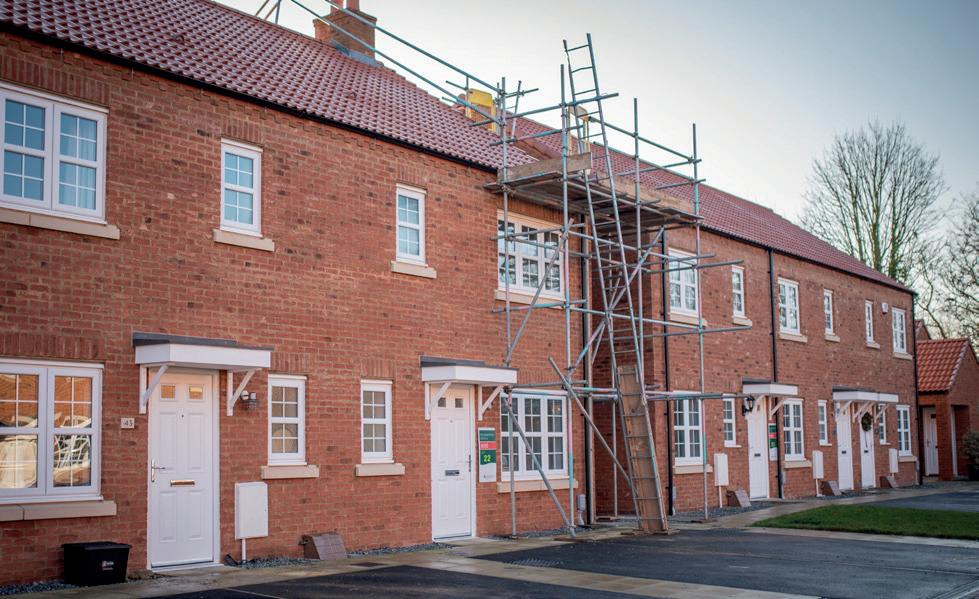UWE - BR ISTOL SPOTLIGHT ON PROFESSOR STEVEN WEST AND THE UNIVERSITY OF THE WEST OF ENGLAND (UWE), BRISTOL
Unlocking talent that can come from anywhere PROFESSOR STEVEN WEST IS VICE-CHANCELLOR OF THE UNIVERSIT Y OF THE WEST OF ENGL AND BUT HIS PATH INTO THE WORLD OF EDUC ATION WAS FAR FROM TRADITIONAL.
Professor Steven West grew up on a council estate in Luton where from an early age he worked alongside his dad in the family plumbing business. He struggled in the classroom, later being diagnosed with dyslexia, and teachers told him he wouldn’t be able to go to university. Having done a full spectrum of jobs growing up - paper rounds, petrol pump attendant, cleaner, mechanic work - he realised that he wanted to do something different. No one in his family had been to university before but Steven decided to move to London and study podiatry at a further education college and then the London Foot Hospital. Having worked in the NHS as a podiatrist, Steven studied hard to get his fellowship qualifications and became a podiatric surgeon. Alongside this he began to teach within the hospital and college structure, the start of a career where he would balance his clinical and education careers. Following a number of leadership roles at UWE and Huddersfield University, Steven was appointed Vice-Chancellor of UWE in 2008. Steven’s story rings true for many at UWE, an institution with a history of enabling opportunity. The University believes that if people have the ability and the drive, along with the right support, they can achieve outstanding things. Talent can come from anywhere and young people develop at different rates, unfortunately this can sometimes be missed by the education
130
system which requires a particular track to be followed. UWE was traditionally a vocational college and a training setting close to the economy, professions and industry, serving a need. The DNA of the university is absolutely committed and aligned to participation, access and opportunity. A high proportion of the senior team are the first to go to university in their families, showing a real passion to make a difference. The University is focused on how to create ecosystems in the city region that benefit young people and the community, and give access to opportunity. Bristol city region has huge diversity, which brings with it opportunity but also massive challenges due to social divide. Inequality in the Bristol city region means that young people across the city do not have the same life chances and cannot contribute to regional growth and skills needs. This is fundamentally unfair and universities have a significant role to play, working alongside business, schools and the government to address this. Young people in certain areas of Bristol face a range of barriers into high education. Some of these are deep-rooted cultural barriers going back generations with the view that “communities like ours don’t go to university”. Other barriers often exist around confidence to step out of a community and challenge and push for something new. Being able to imagine yourself in a future role (as a university student or in a future































